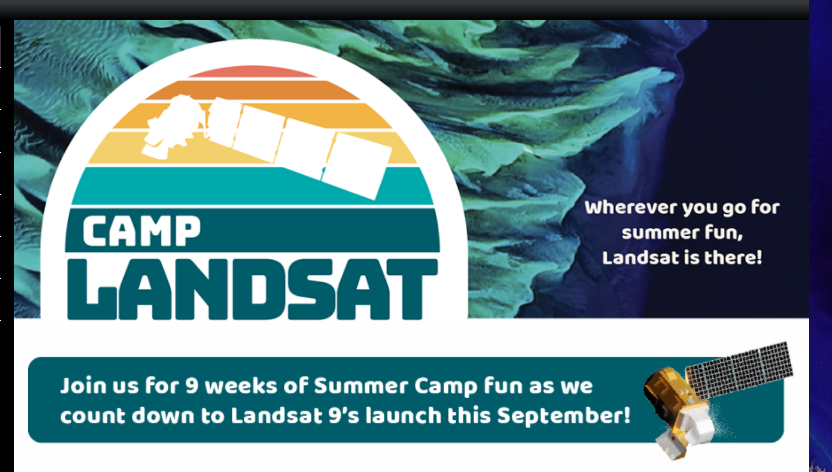Digital Scholarship and Initiatives, the ISU GIS Facility, and IowaView invite you to join us from 1-3 p.m., October 14, in the Catalyst (Room 199) Parks Library, where we’ll recognize the value of seeing Earth from a new perspective! Hear how experts from across disciplines use remote sensing in their research.
Schedule of Speakers:
1 p.m. – Welcome and introductions
1:10 – Claudette Sandoval-Green, Research Scientist III, Iowa State University, “Seeing the Gallery Forest for the Savanna Chimpanzee: Remote Sensing for Great Ape Conservation in Kedougou, Senegal”
This research developed an integrated remote sensing workflow using eCognition classification and ArcGIS Pro MaxEnt habitat modeling to track gallery forest changes in Senegal from 1988-2023 and predict chimpanzee habitat suitability, revealing dramatic forest loss during the gold mining boom and providing conservation managers with a scalable tool that simultaneously monitors ecosystem health and wildlife habitat needs.
2 p.m. – Colin Betts, Professor of Anthropology and Director of the Anthropology Laboratory, Luther College, “Using Geophysical Remote Sensing to Investigate Iowa’s Archaeological Heritage”
This presentation discusses recent research projects conducted by Luther College using ground-penetrating radar, soil resistivity, and magnetic gradiometry to investigate archaeological sites in Iowa. Each of these methods will be briefly summarized along with examples of the ways in which they have provided new insights into Iowa’s past cultural heritage.
2:45 – Brian Gelder, Academic Lead, ISU GIS Facility, “ESRI’s Explorer Tools for Landsat, Sentinel-1, and Sentinel-2 Imagery ”
This will be a demonstration of the Landsat Explorer, Sentinel-1 Explorer, and Sentinel-2 Explorer tools available on the ESRI ArcGIS Living Atlas of the World. These tools make it easy to find and visualize 10-to-30-meter satellite imagery across date ranges, cloud levels, and spectral combinations.
Discover how scientists and satellites help us understand and safeguard our planet. Light refreshments will be provided.
For more information, see the University Library calendar.







